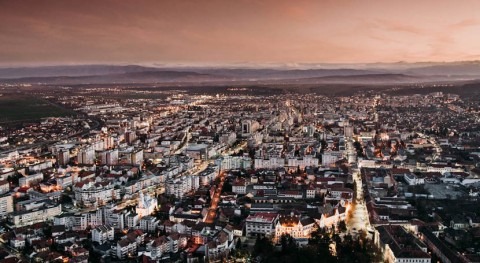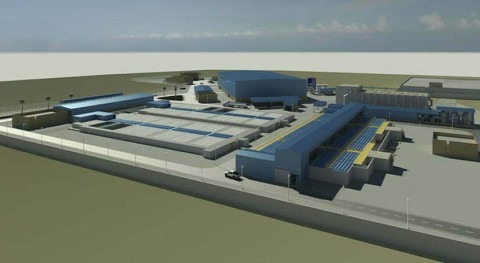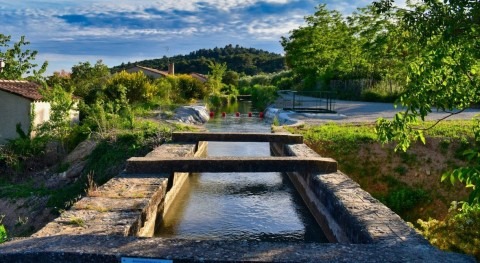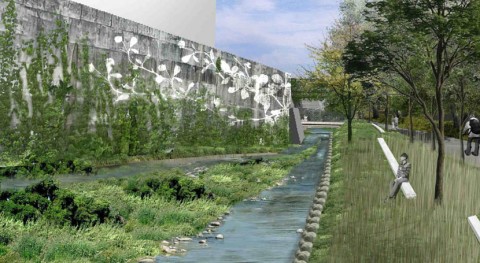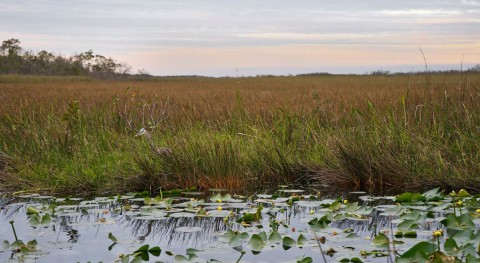The National Hydroelectric Power Corporation of India (NHPC) has cut the flow of the Chenab River — one of the key Indus basin rivers originating in the Himalayas and supplying water to Pakistan — by 90 percent, highlighting a new sign of rising tensions between the two countries.
Specifically, this reduction in flow is a consequence of the closure of the locks of the Baglihar dam, where it has also carried out work to dredge the bottom of the reservoir, which will increase water storage capacity.
“We have closed the locks of the Baglihar hydropower plant. We have carried out dredging of the reservoirs and it has to be filled. The process started on Sunday,” a company official told The Hindustan Times on condition of anonymity.
The NHPC plans to carry out a similar maintenance operation at the Kishanganga dam “very soon”, which will also drastically affect the flow, according to the source. The Kishanganga dam is the first mega-dam in the north-western Himalayas in the Gurez valley.
India denounces Islamabad's involvement in the April 22 attack that killed 26 tourists in Pahalgam, in Indian-controlled Kashmir, and has since suspended the Indus Water Treaty, which pledged to give 80 percent of the flow of rivers in the Indus basin to its neighbour. Just this Saturday, the Indian government announced the suspension of imports from Pakistan and banned bilateral maritime trade.
In addition, India claims that there have been armed clashes along the Line of Control and the border for ten consecutive nights, to which it has responded with “proportionality”.
Pakistan's National Security Committee has warned that it will consider any diversion or blockade of water flowing into Pakistan from Indian-controlled territory an “act of war”. Pakistan conducted ballistic missile tests on Saturday and again on Monday.
On Friday it was Pakistani Defence Minister Jawaya Asif who warned that they would attack any infrastructure built on the Indus River “in violation of the Indus Water Treaty”.
“Aggression is not just about firing cannons or bullets; it has many faces. One of those faces is [blocking or diverting water], which could lead to deaths due to hunger and thirst (...). If they attempt to build any kind of structure, Pakistan will strike it,” he said.
Pakistan and India have been disputing the historic Kashmir region since 1947 and have fought two of three wars over it since independence from the UK. In 1999 there was a brief but intense military confrontation between the two nuclear powers, and a fragile truce has been in place since 2003.
Read the original article in iAgua.





